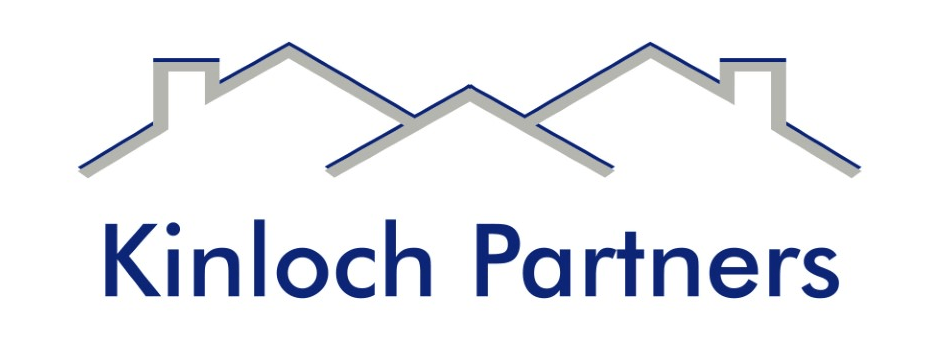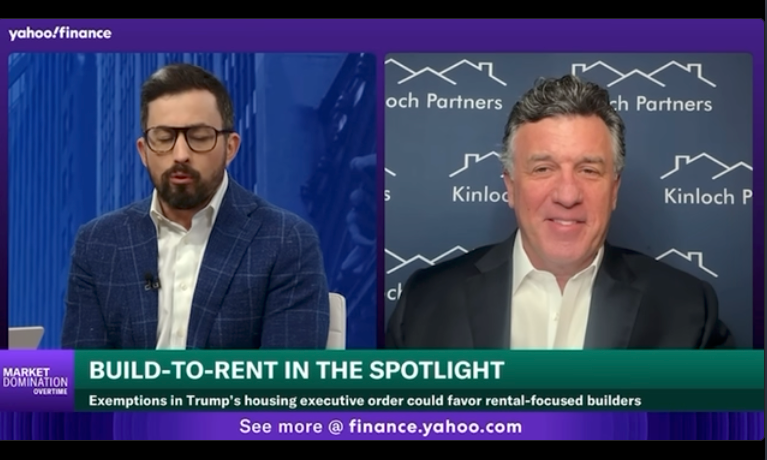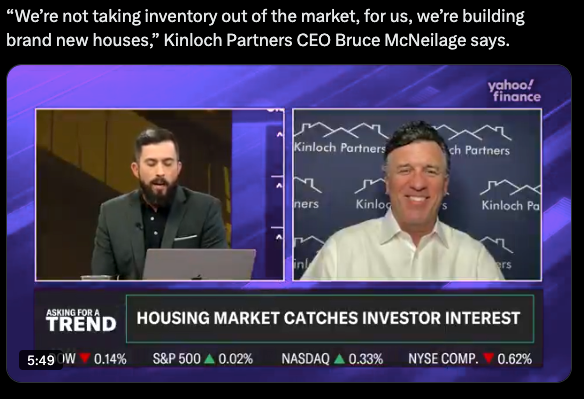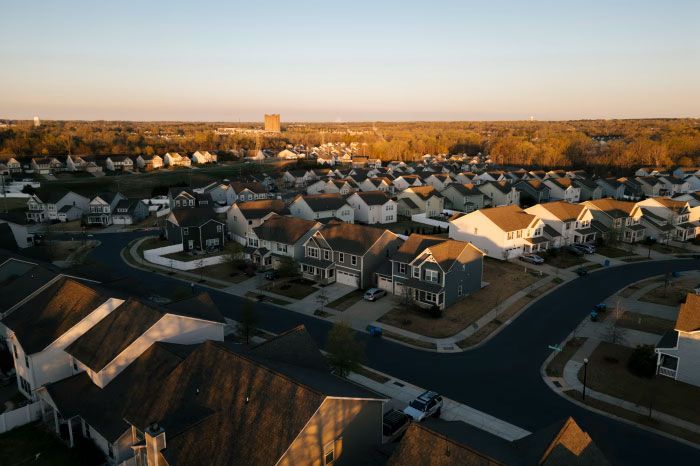Three Questions with Bruce McNeilage
Local developer discusses the challenge of offering attainable housing
AUTHORS William Williams
Bruce McNeilage is CEO and co-founder of Kinloch Partners and Harpeth Development. A veteran Nashville-based developer and real estate investor, McNeilage has garnered local headlines the past few years for his work in South Inglewood (Solo East), Williamson County (Fairview Station) and in the Crooked Creek and the Derryberry Estates subdivisions on the Maury County side of Spring Hill.
What is “affordable” housing?
Affordable for one person may not be affordable for others. A waitress living in Nashville may only be able to afford $400 a month and a doctor living in Brentwood has a mortgage payment of $5,000 a month.
Workforce housing, affordable housing, attainable housing … each term can have a negative connotation. I struggle with what to call it. I often use “middle-class housing,” which in Nashville is, unfortunately, between $250,000 and $350,000.
I’m a boutique developer. The other type of developer is financed by a bank, insurance company or pension fund. Those development companies do larger projects. My job is to deliver a product that few other developers are offering. I realize there is a little ego in that goal. But I stand on the shoulders of folks who came before me and want others to eventually stand on my shoulders.
What is Nashville’s main challenge for creating a diversity of housing (design styles, price points, sizes, condo/free-standing single-family, etc.)? And what mid-sized city can offer tips?
Increased density is desired, encouraged and necessary due to land costs and land scarcity.
Eventually, there will have to be an increase in smaller houses and condos offered. Affordable/attainable housing will have smaller square footage than ever before. There will also be a push to build in areas that in the past were not desirable. Look at Dickerson Road and the TSU/City Heights areas, for example. The next big push could be Clarksville Pike.
We’ve become a rentership society, and I understand the importance of having quality rental residential product. But the largest asset for most people is their homes, and we need as many reasonably priced for-purchase residences located as close to downtown as possible.
Gallatin Road used to be Dickerson Road. Now Dickerson will see new housing. In 15 years, Dickerson will offer nice buildings with residential, art, music, retail, restaurants and bars. Most people are familiar with the street now. To a certain degree, I’m surprised the progress the past five years has not been as significant as I, and others, was expecting.
I believe I have a knack for looking at demographic changes and placemaking trends. I want to get ahead of the curve on Clarksville Pike, West Trinity Lane and Dickerson. I’m high on those areas because they physically connect to one another and, by extension, to the urban core. The urban planning experts say, “Connect the dots.”
At this point, you can’t as easily or affordably go south or west of downtown to develop. So I’m focused on the north and northeast. And now that I’ve done this a few times, it’s easier to work with the bankers.
Regarding creating reasonably priced for-purchase residential product, Nashville can look to Austin, Raleigh and Greenville/Spartanburg, South Carolina. And Atlanta recently announced a big initiative. Regardless of what city, the effort must be focused on public/private partnerships.
The median household income for Nashville is about $65,000. The old rule is that no individual or family ideally should pay more than one-third of annual income on housing costs. That’s about $22,000 per year on housing in this market, and lots of folks pay a good bit more. Thoughts? And similarly, what is a noteworthy multi-unit residential building that offers reasonably priced, quality units?
Unfortunately, with many younger buyers having student loan debt and making wages outpaced by the cost of living, housing costs in this city are difficult to meet. This leads people to seek second jobs or roommates — out of necessity.
I want to offer some affordable for-rent free-standing homes. But I’m about 50-50 on this issue and need to decide soon. So I might do a 180 at Derryberry Estates and make them all for-purchase. If so, they will be the least expensive for-sale homes in the Spring Hill segment of Maury County.
A reasonably priced quality project is Alloy (in South Nashville on Tech Hill). Mark Deutschmann and Core did a great job by offering a price-attainable product in an up-and-coming area with units with very nice views.











